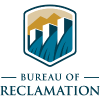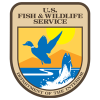
Fish and Wildlife Administration
Position Overview
Fish and wildlife administrators lead and direct scientific programs, regulatory activities, projects, and operations of fishery resources, fish and wildlife resources, and their habitats.
This position is represented at the following bureaus
Candidate Description
The ideal candidate has extensive knowledge and experience in wildlife refuge management. This includes being able to effectively direct work involving complex biological issues, recreation and public use management, organizational policies, rules, and regulations, construction, and law enforcement in a highly visible and closely scrutinized environment. This individual should have a strong ability to communicate and collaborate with a wide variety of stakeholders with varying interests. They should also have a strong entrepreneurial background to allow them to plan and manage budgets, strategies, resources, and vision.
Work Environment
Work is performed in an office setting with occasional field work outdoors. Field work may take place in adverse weather conditions, requires an alertness for stinging insects or venomous snakes, and involves the use of protective gear.
Minimum Education Requirements
Please see the Individual Occupation Requirements and the Professional and Scientific Positions Group Qualification Standard on the OPM websites.
Career Level Requirements
Responsibilities by Level
Journey:
- Directs and formulates policies, plans, standards, and procedures for comprehensive fish and wildlife conservation and restoration programs
- Collaborates with other Federal agencies, state governments, and partner organizations to identify, research, and develop solutions to long-range natural resource problems
- Participates in outreach activities with the general public
- Develops networks and builds alliances with external stakeholders
Senior:
- Negotiates with state officials on activities allowable under Federal natural resources programs
- Interprets and implements legislation and legal decisions impacting natural resources practices and programs
- Provides input to senior leadership on policies, budgets and decisions involving science program standards, priorities, and funding
Strengths by Level
-
AccountabilityHolds self and others accountable for measurable high-quality, timely, and cost-effective results. Determines objectives, sets priorities, and delegates work. Accepts responsibility for mistakes. Complies with established control systems and rules.Show Tool TipJourney 12-13Senior 14-15
-
Attention to DetailIs thorough when performing work and conscientious about attending to detail.Show Tool TipJourney 12-13Senior 14-15
-
ComplianceKnowledge of procedures for assessing, evaluating, and monitoring programs or projects for compliance with Federal laws, regulations, and guidance.Show Tool TipJourney 12-13Senior 14-15
-
Creative ThinkingUses imagination to develop new insights into situations and applies innovative solutions to problems; designs new methods where established methods and procedures are inapplicable or are unavailable.Show Tool TipJourney 12-13Senior 14-15
-
Customer ServiceWorks with clients and customers (that is, any individuals who use or receive the services or products that your work unit produces, including the general public, individuals who work in the agency, other agencies, or organizations outside the Government) to assess their needs, provide information or assistance, resolve their problems, or satisfy their expectations; knows about available products and services; is committed to providing quality products and services.Show Tool TipJourney 12-13Senior 14-15
-
EntrepreneurshipPositions the organization for future success by identifying new opportunities; builds the organization by developing or improving products or services. Takes calculated risks to accomplish organizational objectives.Show Tool TipJourney 12-13Senior 14-15
-
FlexibilityIs open to change and new information; adapts behavior or work methods in response to new information, changing conditions, or unexpected obstacles; effectively deals with ambiguity.Show Tool TipJourney 12-13Senior 14-15
-
Influencing/NegotiatingPersuades others to accept recommendations, cooperate, or change their behavior; works with others towards an agreement; negotiates to find mutually acceptable solutions.Show Tool TipJourney 12-13Senior 14-15
-
Interpersonal SkillsTreats others with courtesy, sensitivity, and respect. Considers and responds appropriately to the needs and feelings of different people in different situations.Show Tool TipJourney 12-13Senior 14-15
-
Oral CommunicationExpresses information (for example, ideas or facts) to individuals or groups effectively, taking into account the audience and nature of the information (for example, technical, sensitive, controversial); makes clear and convincing oral presentations; listens to others, attends to nonverbal cues, and responds appropriately.Show Tool TipJourney 12-13Senior 14-15
-
Organizational AwarenessKnows the organization's mission and functions, and how its social, political, and technological systems work and operates effectively within them; this includes the programs, policies, procedures, rules, and regulations of the organization.Show Tool TipJourney 12-13Senior 14-15
-
PartneringDevelops networks and builds alliances; collaborates across boundaries to build strategic relationships and achieve common goals.Show Tool TipJourney 12-13Senior 14-15
-
Problem SolvingIdentifies problems; determines accuracy and relevance of information; uses sound judgment to generate and evaluate alternatives, and to make recommendations.Show Tool TipJourney 12-13Senior 14-15
-
Project ManagementKnowledge of the principles, methods, or tools for developing, scheduling, coordinating, and managing projects and resources, including monitoring and inspecting costs, work, and contractor performance.Show Tool TipJourney 12-13Senior 14-15
-
ReasoningIdentifies rules, principles, or relationships that explain facts, data, or other information; analyzes information and makes correct inferences or draws accurate conclusions.Show Tool TipJourney 12-13Senior 14-15
-
TeamworkEncourages and facilitates cooperation, pride, trust, and group identity; fosters commitment and team spirit; works with others to achieve goals.Show Tool TipJourney 12-13Senior 14-15
-
Technical CompetenceUses knowledge that is acquired through formal training or extensive on-the-job experience to perform one's job; works with, understands, and evaluates technical information related to the job; advises others on technical issues.Show Tool TipJourney 12-13Senior 14-15
-
WritingRecognizes or uses correct English grammar, punctuation, and spelling; communicates information (for example, facts, ideas, or messages) in a succinct and organized manner; produces written information, which may include technical material, that is appropriate for the intended audience.Show Tool TipJourney 12-13Senior 14-15
Common Pathways
Candidates who made this career change most commonly held these occupations...
Natural Resources Management and Biological Sciences
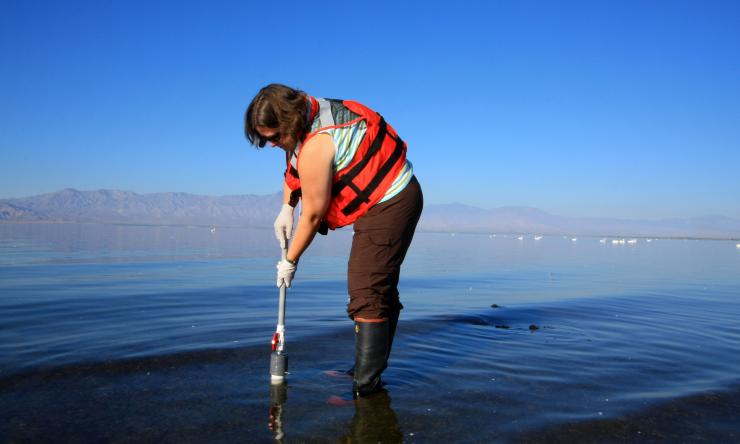
Wildlife Refuge Management
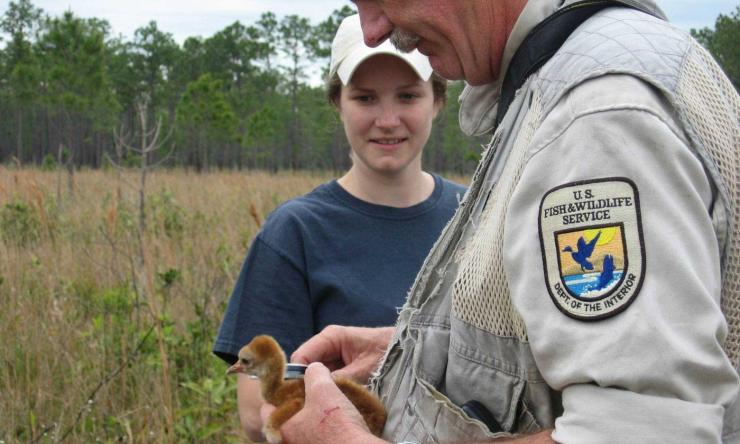
Fish Biology
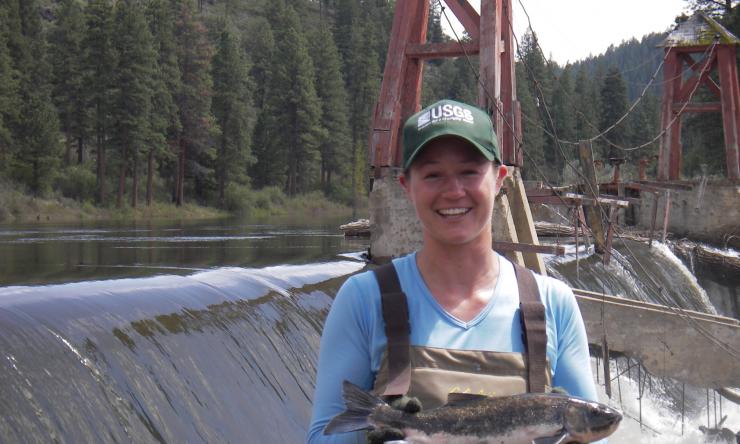
- 0025 - Park Ranger
- 0301 - Miscellaneous Administration and Program
- 0408 - Ecology
- 0413 - Physicology
- 0501 - Financial Administration and Program
- 1001 - General Arts And Information
- 1109 - Grants Management
- 1170 - Realty
- 1301 - General Physical Science



